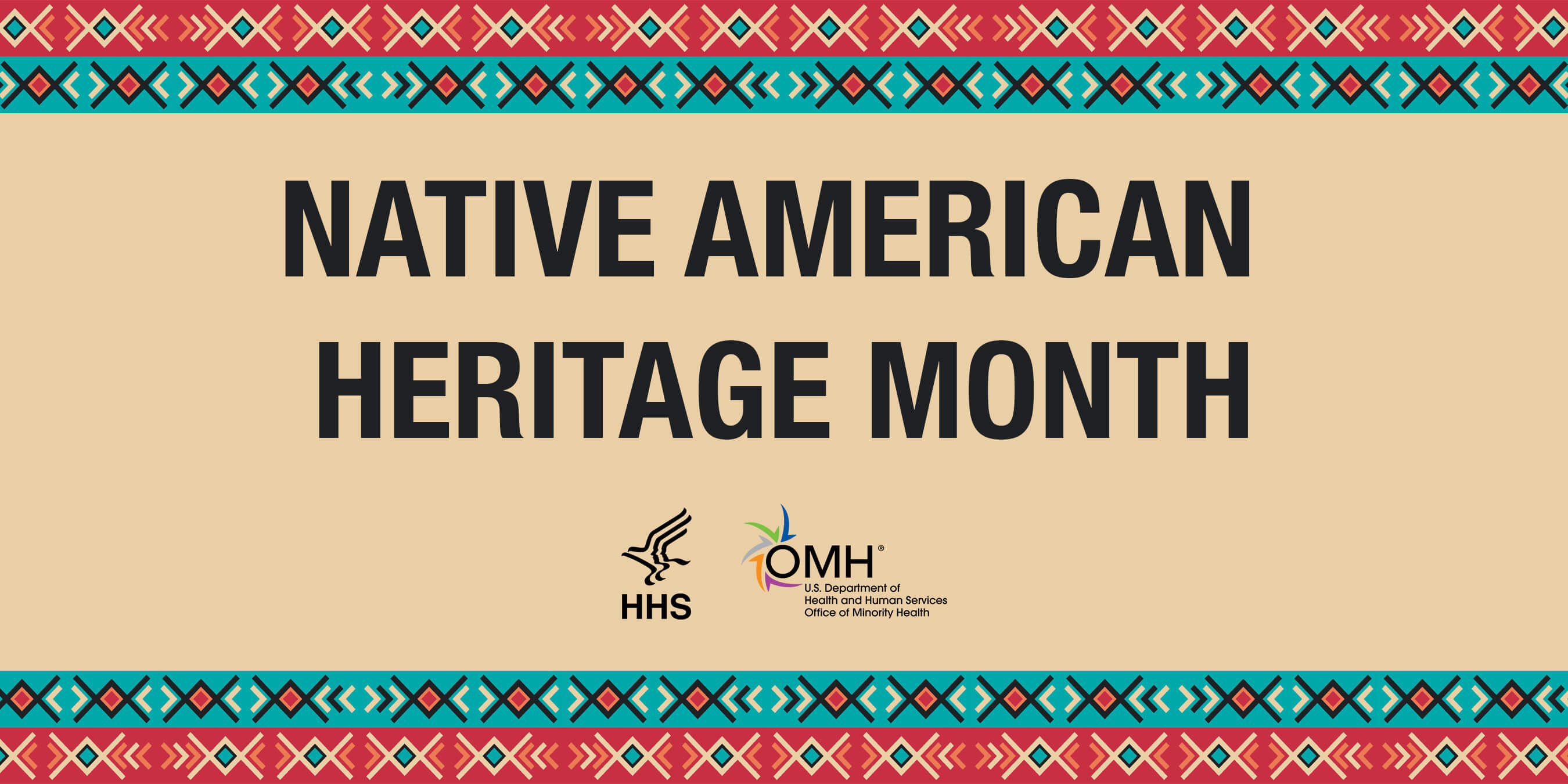
November is Native American Heritage Month, a time to recognize and celebrate the rich cultures, traditions, histories, and contributions of American Indians and Alaska Natives in the United States. Here at ACL, it’s also a time to highlight our work to support tribal elders and people with disabilities living independently in tribal and indigenous communities across the country.
ACL and our network partners collaborate with tribal leaders to ensure that the services we fund respond to the diverse cultural health beliefs and practices, economic circumstances, and language preferences of more than 500 federally recognized American Indian tribes and Alaska Native entities. Our recently implemented tribal consultation policy ensures that tribal leaders, elders, and Native Americans with disabilities are meaningfully included and consulted about the development of policies that will affect them.
Our direct collaboration with tribes complements our participation in U.S. Department of Health and Human Services-wide tribal consultations and results in more frequent — and more direct — engagement with tribal leaders on issues specific to their communities. Our programs, resources, and communication efforts recognize and support our tribal partners in a variety of ways, including:
- Delivery of home and community-based service to tribal communities: ACL's Title VI program provides funding to programs for home-delivered and congregate meals, as well as supportive services for family caregivers. These services are effective because they are responsive to the cultural traditions of Native American communities and represent an important part of each community’s comprehensive elder services.
- Training on Older Americans Act (OAA) regulations: ACL offers training and workshops to communicate regulation changes that may impact funding for programs in tribal communities. A recent webinar covered new regulations that require states to coordinate OAA Title III funding with OAA Title VI funding to increase services provided to Native elders and their family caregivers. The webinar slides, recording, and fact sheet are available.
- Grantee technical assistance: ACL has developed multiple technical assistance tools to assist tribal grantees. Our spending guide provides guidance about ACL funds available to tribes, and our grants toolkit includes details on how to find and apply for grants. ACL’s Older Indians website contains valuable information about programs and grants, as well as training and technical assistance resources.
- Real-time communication with tribal partners: We host a weekly chat for tribes covering topics relevant to elders, people with disabilities, and community living. We keep the lines of communication open with tribal partners through regular opportunities to talk about managing Title VI grants. We also host numerous in-person training events in Indian Country throughout the year.
- Services for people with disabilities in tribal communities: ACL’s Administration on Disabilities has engaged directly with indigenous peoples on developing a Native American Action Plan to improve the capacity of AoD programs to serve people with disabilities in tribal communities.
- Meaningful data to inform decisions: Our grantees administer two surveys that collect valuable data about the needs of Native American elders to secure resources to address these needs. For example, ACL’s National Resource Center on Native American Aging assists tribes, villages, and homesteads in creating a record of their elders’ health and social needs through the Title VI Needs Assessment — Identifying Our Needs: A Survey of Elders. The Title VI Native Urban Elder Needs Assessment Survey (NUENAS 1.0) focuses on the needs of elders 55 and over living in urban communities.
- Benefits outreach tools for tribal communities: BenefitsCheckUp, a service of the National Council on Aging, is a free online tool that can connect elders and Native Americans with disabilities to programs to help them afford food, rent, medicine, and more. The Medicare Improvements for Patients and Providers Act (MIPPA) funds state aging and disability agencies and Title VI programs to help low-income Medicare beneficiaries access affordable health care. ACL funds also enabled the National Council on Aging to create resources to assist Title VI and MIPPA grantees in conducting outreach to American Indian and Alaska Native populations and delivering on the purpose of MIPPA.
As we celebrate Native American Heritage Month and the rich cultural diversity and traditions of Native Americans, ACL is honored to work with tribal leaders from across the country to continuously improve opportunities for Native elders and people with disabilities to live independently in their communities.

